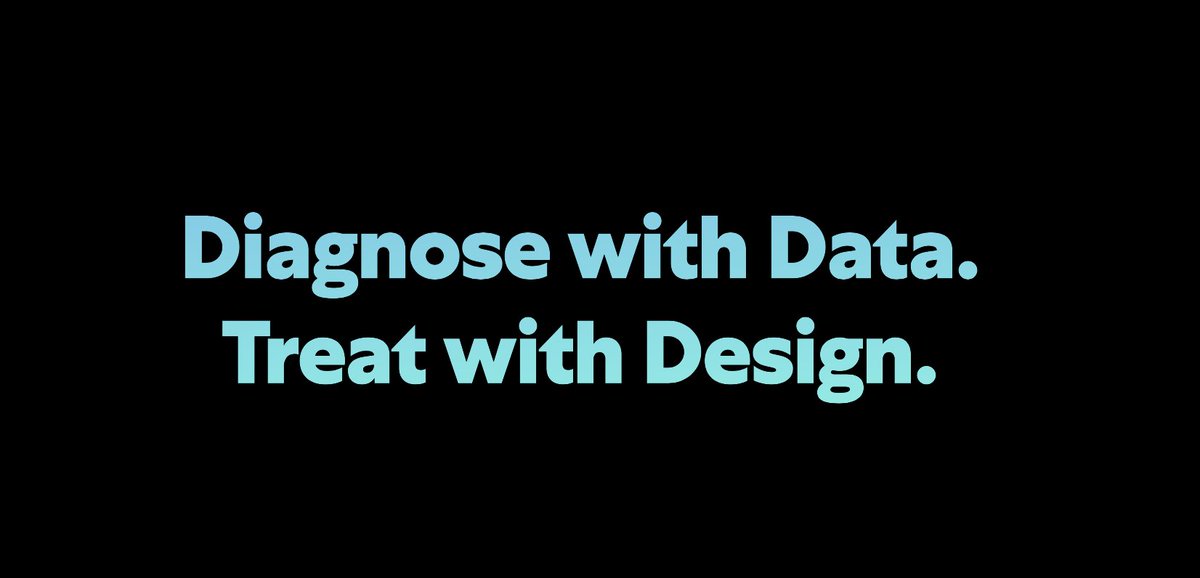
One of the stories we used to tell in the early days of Facebook was how a small, two-engineer project came to dominate the entire photo sharing landscape in the late 2000s.
Thread 👇 1/10
Thread 👇 1/10
Let's zoom back to 2005, when pre-mobile Internet photo sharing services were one upping each other on storage, features, and slickness.
Across Photobucket, Shutterfly, Flickr and Picasa, there were high-res uploads, preview navigation, theme tags, search by color, + more
2/10
Across Photobucket, Shutterfly, Flickr and Picasa, there were high-res uploads, preview navigation, theme tags, search by color, + more
2/10
Facebook Photos, built by a scant team over two months, was extremely bare-bones in comparison. It only supported low-res photos. No comments. No likes. It didn't even have a nice full-screen view.
There were no bells and whistles, save one...
3/10
There were no bells and whistles, save one...
3/10
The one feature Facebook Photos *did* have, even in its earliest incarnation, was this: photo tagging.
You could upload a photo and say who was in it by tagging their profiles.Then, those people would get a notification that you uploaded a photo of them.
4/10
You could upload a photo and say who was in it by tagging their profiles.Then, those people would get a notification that you uploaded a photo of them.
4/10
What a simple feature. And yet. It made all the difference. Facebook Photos skyrocketed in popularity.
Within a few years, it was the most popular photo sharing service on the Internet.
Why?
5/10
Within a few years, it was the most popular photo sharing service on the Internet.
Why?
5/10
When you go to someone's house and look at their proudly-displayed photos on the mantel, what strikes you?
Is it the lighting? The beauty of the subjects? The artistic composition?
Or is it the fact that it contains their family and friends?
6/10
Is it the lighting? The beauty of the subjects? The artistic composition?
Or is it the fact that it contains their family and friends?
6/10
Growing up, my most treasured photos were the ones that reminded me of my happiest memories with people I love: backyard BBQs, family vacations, school trips.
Sometimes I was squinting. Sometimes the lighting sucked. I didn't mind.
7/10
Sometimes I was squinting. Sometimes the lighting sucked. I didn't mind.
7/10
For the vast majority of people, *people* were the most important feature of their photos.
Later, when News Feed was introduced, photo tagging shone even brighter. If I'm friends with Alice and she never takes photos herself, I could still see photos of her by others.
8/10
Later, when News Feed was introduced, photo tagging shone even brighter. If I'm friends with Alice and she never takes photos herself, I could still see photos of her by others.
8/10
The reason we told this story often (thank you @aaron_!) was to remember a fundamental product truth:
It is not about how many features you add or how much work the team did.
What matters is: did we understand the users' needs well enough to give them what they wanted most?
It is not about how many features you add or how much work the team did.
What matters is: did we understand the users' needs well enough to give them what they wanted most?
It's easy to dream up thousands of things we'd like to build. It's fun to imagine the possibilities.
But good product discipline comes from knowing how to prioritize and pinpoint the most important thing(s).
Do this well, and even if you're small, you can still win.
10/10
But good product discipline comes from knowing how to prioritize and pinpoint the most important thing(s).
Do this well, and even if you're small, you can still win.
10/10
Back to the top of the thread:
https://twitter.com/joulee/status/1380183017025511430
• • •
Missing some Tweet in this thread? You can try to
force a refresh



